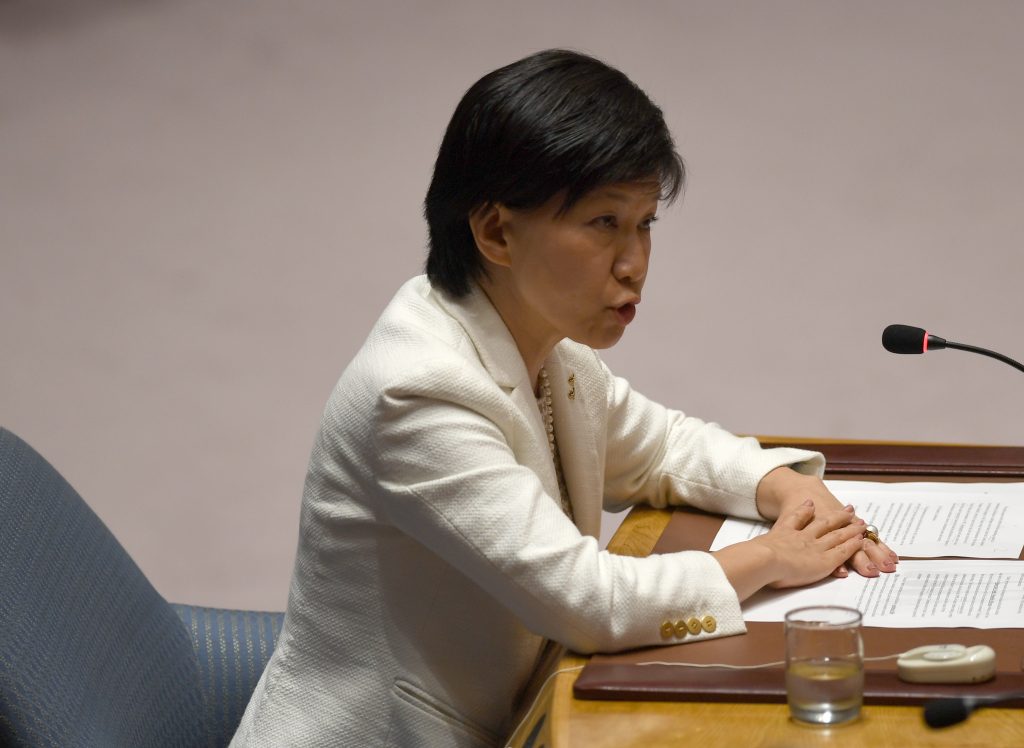
- ARAB NEWS
- 16 Apr 2024

LONDON: Japan is “complicit” in the continuation of the threat of nuclear weapons, ignoring lessons from hibakusha atomic bomb victims, the chief of the International Campaign to Abolish Nuclear Weapons, or ICAN, said in a recent interview.
Beatrice Fihn, executive director of the nongovernmental organization, condemned Japan over its stance regarding nuclear weapons as August 6 marked 75 years since the U.S. atomic bombing of the city of Hiroshima, western Japan.
Fihn said that the nuclear abolition movement’s sole focus on nuclear powers such as the United States and Russia was a mistake, and that countries such as Japan, South Korea and Australia have played key roles in legitimizing nuclear weapons.
“Japan knows the impact of nuclear weapons, they know what it is for people, short term and long term, yet Japan is right now willing to do the same thing to other people,” Fihn said regarding the country’s complicity by being under the U.S. nuclear umbrella.
“They are complicit in it and they are really ignoring hibakusha and the lessons from hibakusha,” she said.
“The Japanese people might think that their government is a leader on this issue, but they are one of the problems, really,” she added, calling on Tokyo to join the Treaty on the Prohibition of Nuclear Weapons and honor hibakusha.
The ICAN executive director agreed with Izumi Nakamitsu, U.N. undersecretary-general and high representative for disarmament affairs, who said that the risk of nuclear conflict is the highest it has been since the Cold War.
She admitted that U.S.-Russia tensions are not as high as during the Cold War, but said that the situation is “more unpredictable and unreliable” due to the increase in the number of nuclear-armed states and technological development.
Elsewhere in the interview, Fihn said that the United States and Russia need to renew the New Strategic Arms Reduction Treaty, or START, raising an alarm over the danger of lifting the limit of nuclear weapons.
The current governments in Moscow and Washington would be “happy to engage in a nuclear arms race,” she said, noting that they are both boosting their defense spending even amid the crises of the COVID-19 pandemic and climate change.
She also slammed the administration of U.S. President Donald Trump for using China as an excuse for not joining an arms reduction treaty, saying that some 90 pct of the world’s nuclear weapons are held by the United States and Russia.
Fihn said that ICAN, which won the 2017 Nobel Peace Prize, will continue to share the stories of hibakusha as this year marks the 75th anniversary of the Hiroshima and Nagasaki bombings.
“It is such a crucial moment right now, where we have very negative developments such as the huge modernization programs, increased tensions between armed states and some, frankly speaking, irrational behavior from some of the nuclear-armed states,” she said.
JIJI Press